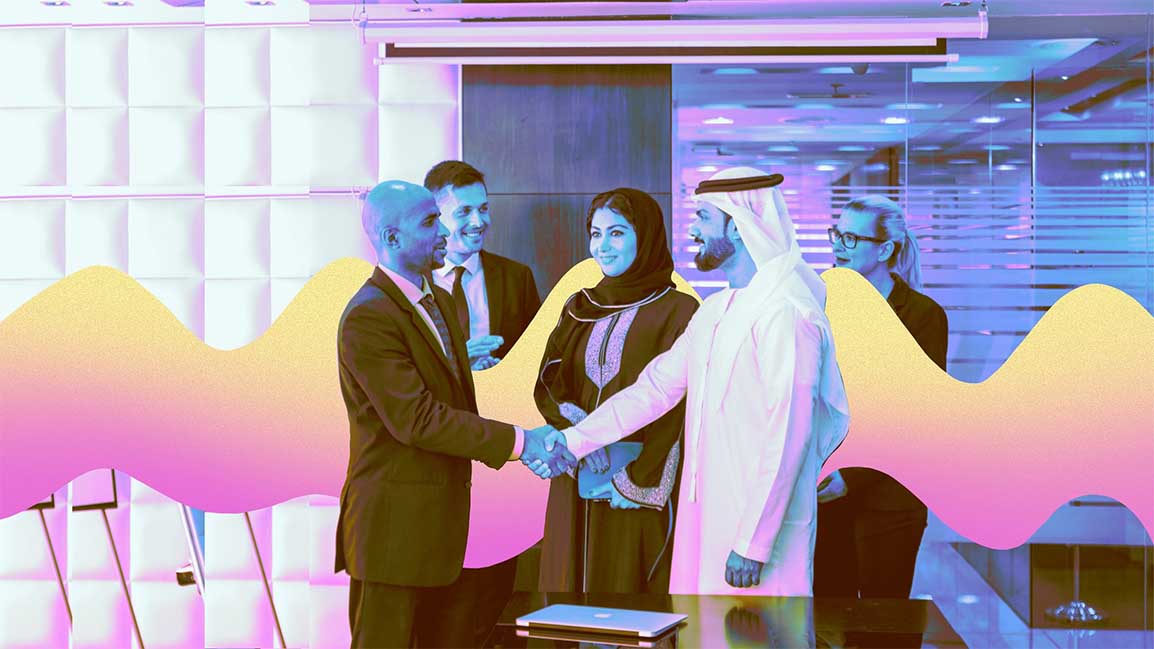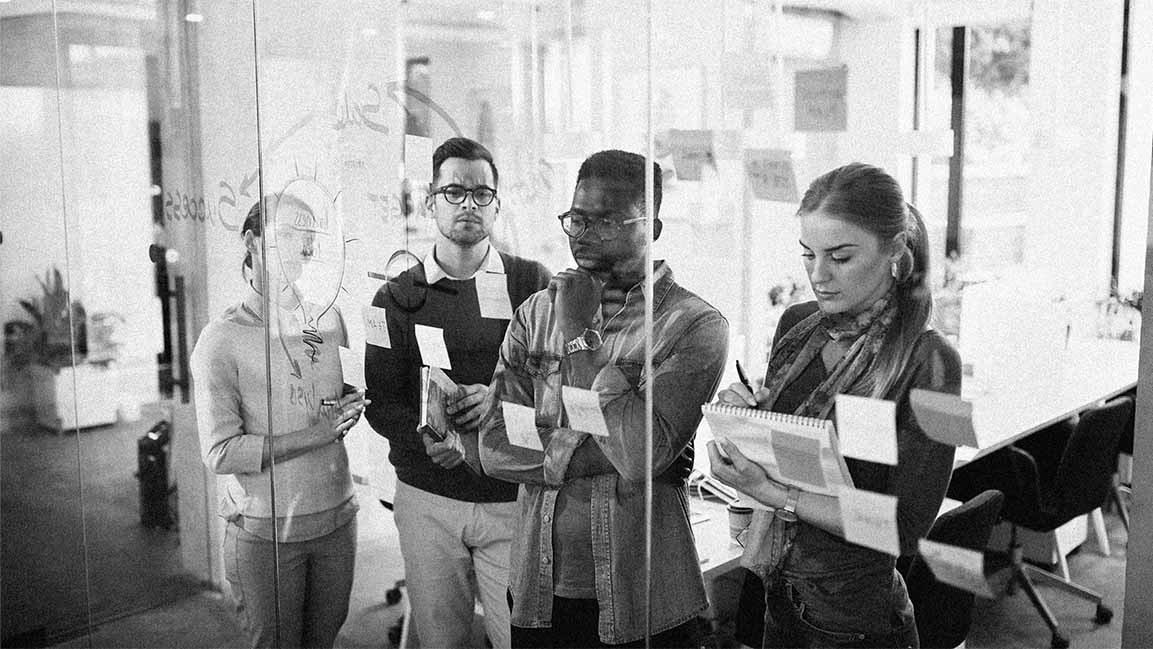- | 9:00 am
What’s wrong with the Middle East’s work culture? Here’s how to fix it
A workplace culture expert in the UAE highlights the necessity of work culture to the overall success of an enterprise

A tone-deaf manager, an environment where misgivings are repeated over and over again, where coming late is considered taboo – sound familiar? We’re all fully aware of the meaning of work culture. After all, we live it.
We find ways to manage our expectations in the work culture we’re thrown into. Also, work culture is a topic dear to those devoid of flexible, compassionate, empathetic leadership.
Experts agree that work culture determines success, not just in numbers. Work culture is the glue that binds the organization together.
According to a UAE-based workplace culture consultancy study, across 120 organizations in the city, 88% of people said that poor organizational culture would make them leave their jobs.
Additionally, as per the Gallup State of the Global Workforce 2021 Report, employees in the MENA region reported the world’s highest rates of sadness (35%, up eight percentage points from 2019), and half said they were stressed “a lot” during the previous day.
More significantly, within findings from the together research, 73% of those surveyed said that the impact of COVID had increased the importance of culture in their organization.
Studies point to the underscored importance of workplace culture. Two simple words, so difficult to get right.
“We need to rethink how cultures exist in an organization and how the legacy of old just isn’t going to work anymore,” says Lucy d’Abo, CEO of Dubai-based workplace consultancy firm, together and co-founder of Dabo & Co (that was later acquired by Edelman).
She says there are a few contributors to building a “superpower culture.”
“I don’t just refer to numbers, which is at the core of what we call a superpower culture.”
A superpower culture has people at the core of the business. To have a community of individuals choosing to go to work rather than feeling obligated to work. They are engaged, motivated, inspired, and challenged. “It’s not about culture making it easy; it’s about making it worthwhile and engaging.”
The essence of employee engagement and retention is the same; it hasn’t changed. What’s changed is the pressure on leaders.
“People are humans at the core. One of the most important things for humans is to feel recognized, cared for, engaged, and motivated to work. Those still stand true as they did a year ago or two years ago,” she adds.
The pandemic didn’t just transform the employee-employer dynamic; it left a big question mark on it.
“What the pandemic gave employers was unpredictable. That meant some employers did well; they demonstrated care and understanding and dug deep to be flexible and agile while recognizing what was happening to their teams. Those employers that didn’t have fallen foul have driven the Great Resignation.”
Additionally, for a region like the Middle East that has been very employer-oriented, where our “livelihood depends on employment and visa”, there is a change in this dynamic as employees have more power than ever to seek other options.
The modus operandi of culture begins with leaders but mustn’t end there. d’Abo highlights that one of leadership’s biggest failures involves the inability to back action to words.
“Many leaders ask for feedback and information, but employees don’t see anything happen. If you lose faith and trust in your leadership team, it’s difficult to mobilize a workforce behind your own goal,” says d’Abo.
One of the misgivings of companies that fail at creating a good work culture lies in a quote by Albert Einstein, “The definition of insanity is doing the same thing over and over and expecting different results.”
“We have to act with intent and be very consistent,” she says, explaining that work culture is similar in intent to a marketing campaign.
The method of sending out a message seven times for it to land is similar to cementing a healthy work culture. “You have to think of that when you’re looking internally. You can’t stand up one day and think this is what we’re going to do, and this is what we’re all about, and hope people will remember it. It’s about building the right narrative, consistently activating it.”
Some reflections for leaders to consider: How do people talk to each other? How do the systems in the organizations support the ability of individuals to progress?
Also, Check the survey that shows 70% of employees in the Middle East will quit jobs due to a lack of flexibility here.
d’Abo cites an example to explain how the need to match vision with goals is equally necessary for healthy work culture. “If the company is all about speed and under huge pressure to grow, there is a moment in the market that they need to leverage. If it’s about speed, and that’s what you value most. Internally, if your systems are bureaucratic, old-fashioned, untechnical, and labor-intensive, they will never be effective. So it also requires you to think it’s not just about the people; it’s how you support them through their journey, and that’s where culture touches everything,” she says.
It’s how you do business and the organization’s character – are you competitive? Aggressive? “If yes – be clear about it,” she says.
Read more related work articles in our work section here.








































